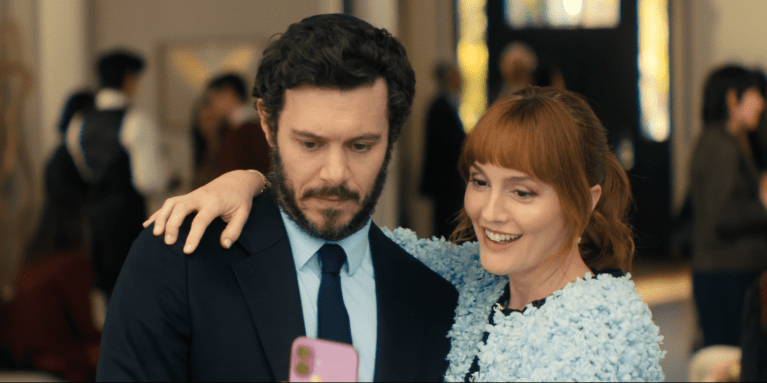
I’ve Learned How To Perfect The Art Of Throwing Up After Meals
I’ve learned how to perfect the art of vomiting after meals, drinking sips of water in between bites of food so that it comes up easier when I’m done eating.
I am a skinny girl.
At 5’3″, my weight hovers around 110 pounds. I wear a size two — size zero on a good day but never above a size four (God forbid…). And I’ve struggled with an eating disorder for the past two years, but you’d never guess if you saw me.
Bulimia, my particular brand of eating disorder, lends itself well to secrecy. Because I stay at what is considered a normal weight for my size — curvy where I need to remain curvy, muscular in all the right places — I can easily fool people into thinking that nothing is wrong.
You might witness how much and how quickly I can eat at meals — scarfing down food like a pubescent boy in the midst of growth spurt — and think that I have a great appetite. You might watch me wear skin-tight dresses and teeny shorts when I go out and think that I have an abundance of confidence in my body.
I’ve learned how to perfect the art of vomiting after meals, drinking sips of water in between bites of food so that it comes up easier when I’m done eating. I can throw up simply by tensing my stomach muscles; a process that is unnatural for most people comes quite naturally to me.
But, I don’t do a very good job of concealing my eating disorder. Because I am lazy. Because it’s been two years and I’m weary. Because I wish I could snap my fingers and instantly develop a healthy relationship with both food and my body image. Because I want to be able to eat foods that I enjoy without hating myself with each bite. Because, when I take a step back and rationally consider what I am doing, I feel weak, disgusting, and ashamed.
If you look a bit more closely, you might notice signs that something is off. You might notice how I always leave the table and disappear to the bathroom, mid-meal. You might notice how I never eat anything else after I come back. You might find it bizarre that I only drink diet soda. You might realize that I snack several times a day, picking at a bag of trail mix or a breakfast bar, because I am constantly hungry but the only foods that I can eat without feeling the uncontrollable, intense urge to throw up afterwards are those I deem “safe.” You might see that I always keep a pack of gum in my purse or my backpack. You might notice how I inevitably pat my stomach or grab my thighs after I eat, a habit that is so deeply ingrained in me that I don’t even realize when I do it anymore.
Most people are uncomfortable when I first tell them that I’m bulimic. What do you say to someone whose greatest fear is food, the very substance that everyone needs in order to survive? What would you say to someone who fears water, air?
Some are incredulous that this is an issue for me. “Why can’t you just…stop?” they ask, not understanding that sheer willpower has less bearing than it should or that eating disorders are as legitimate an illness as depression or anxiety (in fact, they account for the highest mortality rate in 18-24 year olds).
Others try to compliment me. “You don’t need to lose weight,” they say. “You’re so skinny already. You’re so pretty.” But I’m very sensitive to others noticing my physical appearances and these pithy reassurances hurt more than they help.
There are also those folk who try to feed me, as if shoving a hunk of bread or a cup of frozen yogurt in my face will suddenly cure me of my eating disorder. I need to learn how to eat on my own terms, whether that means eating too little or eating too much. I need to learn how to ease my fears about food and begin to love it again because, in the end, my eating disorder isn’t really about my weight.
After all, I am a skinny girl. ![]()











